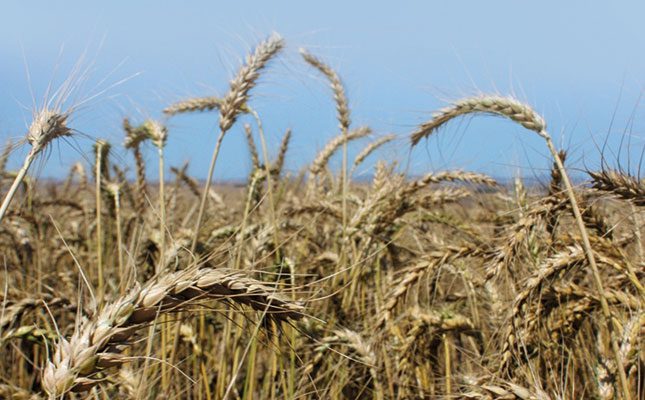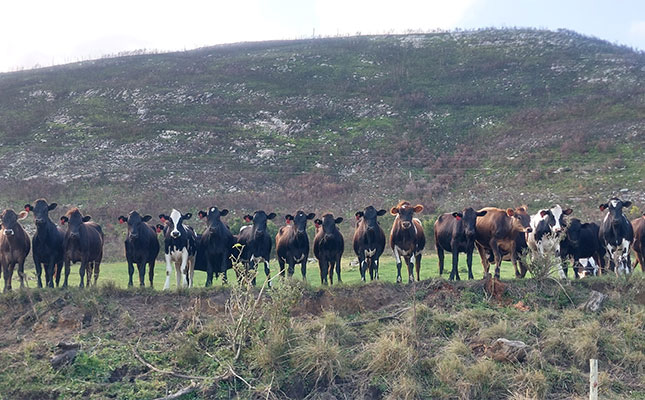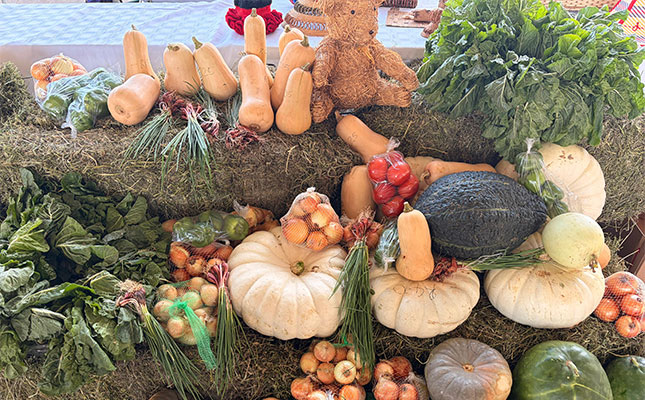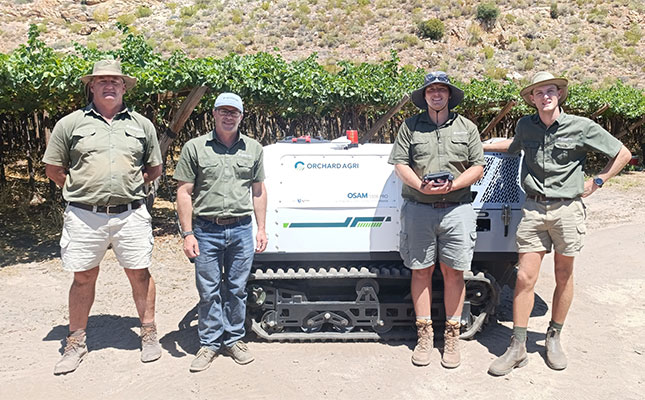
Grain SA recently estimated that the appointment of Leaf Services for grain inspections would have cost its members more than R600 million to date, had its proposed R4/t fee been implemented as intended in 2016. The organisation also incurred R135 000 in legal costs in its efforts to appeal the planned roll-out.
Various retailers have now also welcomed Steenhuisen’s decision to terminate Leaf Services’ contract.
Pick n Pay CEO Sean Summers stated that the company fully supported the legal regulation of pan bread under the Agricultural Products Act (No. 119 of 1990), but questioned the logic behind appointing an external assignee to perform inspections previously overseen by the Department of Agriculture at no cost.
According to Summers, bread quality was already being managed by producers, millers, and retailers, with the department historically providing oversight free of charge – and no research had been conducted to justify the need for the newly proposed inspections.
Additionally, Summers noted that the inspections proposed by Leaf Services were not related to food safety, but rather to product composition, which he described as unnecessary.
The inspection methodology itself also raised serious operational concerns.
“Leaf Services planned to conduct three annual inspections at each of our 920 stores across the country, with duplicate samples drawn from every batch and size of bread. Since batch codes are determined daily, this would have caused major operational complexity and increased costs,” Summers said.
He estimated that the contract would have cost Pick n Pay in the region of R10 million annually, excluding additional expenses for speciality breads produced in-store, and around R15 million for its Boxer chain.
“We are relieved that Minister Steenhuisen listened to concerns raised by so many and made the decision to remove a service that would have been a waste of money, with no benefit,” Summers said.
Brian Coppin, CEO of Food Lover’s Market Group, told Farmer’s Weekly that they also opposed the appointment of Leaf Services, as it would have added substantial operational costs.
Wile the company did not conduct a full assessment of the financial impact, Coppin estimated it would have amounted to roughly a third of Pick n Pay’s projected figures.
Shoprite echoed these sentiments. In an emailed response, its media team described the revocation as a “positive and necessary step to eliminate unnecessary costs from the food supply chain, which supports efforts to keep staple foods affordable”.
“This decision enables Shoprite to continue selling its subsidised 600g loaf of brown bread for just R5, a price that has remained unchanged since first introduced in April 2016,” the group added.
Dawie Maree, head of agriculture marketing and information at FNB, told Farmer’s Weekly that the revocation of the Leaf Services contract was good news for consumers, as it would otherwise have pushed up bread prices – one of South Africa’s most important staples alongside maize – and further fuelled food inflation.
“Consumers are already cash-strapped due to weak economic growth,” Maree said.
“Food inflation rose from 3,3% in April to 4,4% in May, driven by higher meat prices following the foot-and-mouth outbreak and the impact of the ban on Brazilian poultry imports, which has since been partially revoked. On top of that, fuel prices are expected to increase next month due to an under-recovery of between 51c and 54c per litre for petrol and around 80c per litre for diesel.”
Get trusted farming news from Farmers Weekly in Google Top Stories.
➕ Add Farmers Weekly to Google ✔ Takes 10 seconds · ✔ Remove anytime








